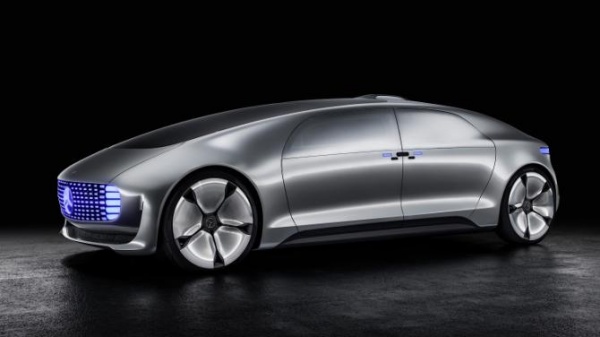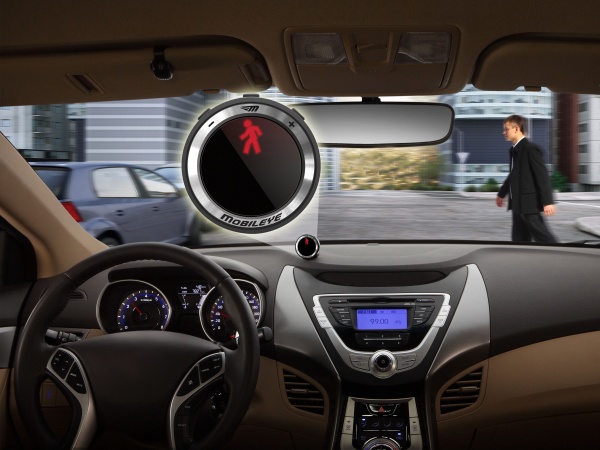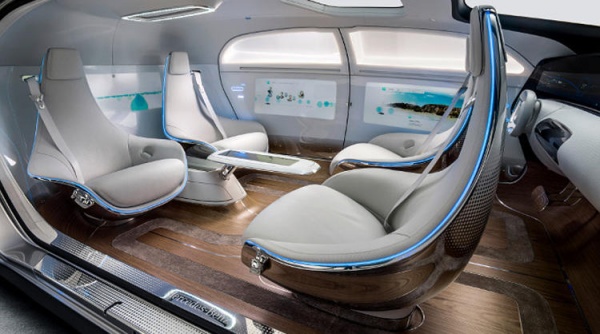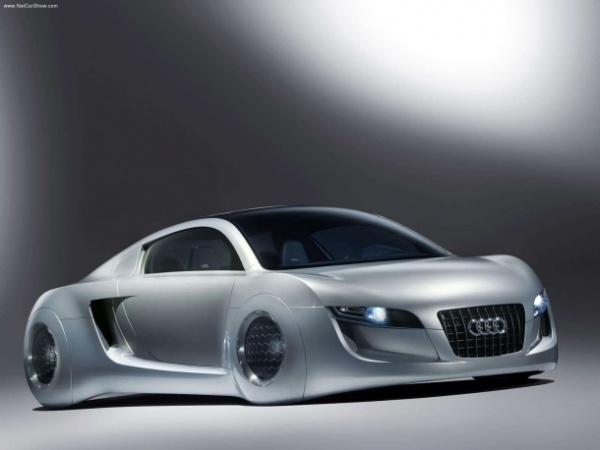
Self driving cars may be hitting the road sooner than you expect. According to experts in the field, they will be common on highways within 15 years.
Researcher Raj Rajkumar, who co-directs a self-driving car research lab for GM and Carnegie-Mellon, says there are two main approaches in building self-driving vehicles.
Companies like Google focus on the "Holy Grail" approach, continuing to test prototypes for fully autonomous vehicles.
But the other approach — "incremental automation" — is actually a lot more promising. In this vision, people will still be in the driver's seat for the foreseeable future, but cars will gradually be able to do more tasks by themselves.

In an interview with Goldman Sachs for a research report on artificial intelligence, Rajkumar predicts vehicles will go through the following stages in the next three to five years:
- Autopilot capability on the highway: The vehicle will be able to steer, brake, and accelerate in the current lane.
- Highway pilot capability with lane changes: The vehicle will be able to pass a slow moving vehicle in its lane.
- Self-parking.
- Traffic Jam Assist (TJA): The vehicle will be able to drive itself in a traffic jam, but will require users to take over after that.
Eventually, cars will become completely autonomous, but it will take time to test them against the millions of scenarios that drivers know how to deal with today.
Rajkumar also expects that roads and stoplights will need to add necessary technology to support self-driving cars. For instance:
- A wireless system that allows cars to communicate to traffic lights so that the light can adjust its timing.
- A smartphone technology that alerts vehicles when pedestrians are crossing.
- Wireless communication devices planted in traffic lights transmit signal to nearby vehicles, alerting them to stop or go accordingly.
Around 1.3 million people die each year in car accidents, with an additional 20 to 50 million injured every year. Human error accounts for around 90% of all car accidents. With driver-less cars, the idea is that human error will be reduced, thereby reducing the number of fatalities on the road drastically.
Also, the average commute time to and from work for the American worker is about 50 minutes a day. Self-driving cars would allow people to check their emails, put on makeup, and even catch up on sleep, if needed.






 English
English عربي
عربي


















